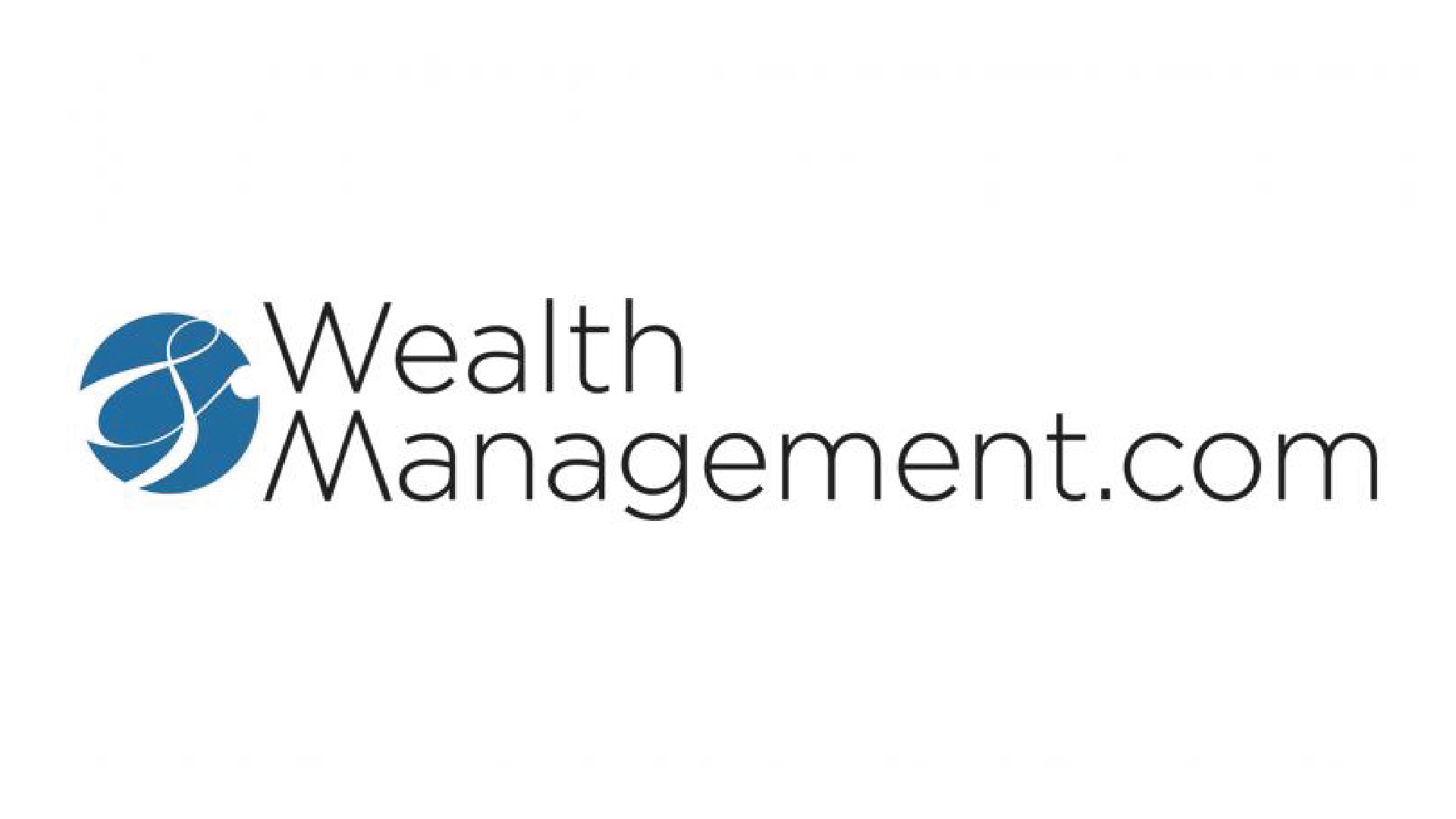While providing feedback to employees about their job performance is valuable, it’s much more important to use this opportunity to allow employees to feel supported and heard.
RIAs continue to miss a huge opportunity when it comes to their approach to employee performance reviews. Most managers go into these reviews thinking this is the time to grade employees on their work and give them a report card—“You’re doing well in these areas, but we really need to you step up in these areas,” etc. When structured this way, it’s really a one-way discussion, with the manager talking at the employee and the employee doing little more than sheepishly nodding their head. To get the most out of these one-on-one interactions and to ensure employees remain engaged with your firm’s mission, it should always be a two-way conversation.
While providing feedback is extremely valuable, it’s much more important that you use this opportunity to allow your employees to feel supported and heard. We get so caught up in the complicated business of servicing clients, that many times we forget to stop and thank our employees for the hard work they are doing every single day. Especially in the past year, where everyone was forced to reinvent how we deliver our service to clients. Clients needed support more than ever, and our employees stepped up and did an amazing job, working from home and supporting their own families, all while providing clients top-notch service and allowing many RIAs to report record growth during this tumultuous time.
Employee performance reviews are a perfect opportunity to check in with employees and allow them to bring up any obstacles they are struggling with and any tools they need to better execute their job. Managers should also use this time to get an update on what a particular employee has been spending their time on. Many times, an employee is hired for one role, but over time, they morph into another role—it is very important for the firm to acknowledge the employee’s growth and make sure their current job description (and compensation) still matches the role they are playing. It’s also a great opportunity to gauge the employee’s workload and bandwidth for further responsibilities. Keep in mind, employees are just as likely to become disengaged in their role due to boredom and lack of growth opportunities than they are for being overworked. If they ask for more responsibility, find a way to give it to them, as it benefits both parties.
It’s very important that if an employee brings up an obstacle they are struggling with, that you actually take action and do something about it. If their thoughts and needs continually fall on deaf ears, they are going to stop sharing with you, and you really need employees who are in the trenches and communicating with clients every day to tell you where the firm needs to improve. You may not be able to solve every problem they have, but they must feel that you are listening and that you will ensure they have the resources they need and the proper support to be the best professionals they can be. For this reason, firms should carefully consider who is conducting performance reviews on behalf of the firm.
It is very admirable for the CEO/owner of the RIA to want to conduct these employee reviews and spend one-on-one time with each employee, but if he or she is too far removed from the employee’s day-to-day tasks or can’t provide actionable advice because they don’t possess the technical knowledge of the employee’s particular challenges, these reviews will not be as productive as they should be. Employees need an advocate they can trust, someone who has the ability to help them in their role at the firm. If the CEO/owner wants to participate in these conversations, that’s great, but they should be joined by the firm’s COO or the employee’s direct supervisor. Because the COO touches all areas of the organization, I think they are the perfect person to conduct employee reviews and not only rate their performance in their job functions, but check in with each employee and ask, “How can the firm best support you?”
An unanticipated benefit of the forced work-from-home environment has been the fact that managers were required to actively check in with employees on a more regular basis, which has led to better communication between employer and employee. It would be a real tragedy if that increased communication regressed to its old levels as we return to offices and managers revert to their old, “I don’t need to check in with them because I can see what they are doing” mindset. RIAs will be well suited to schedule employee reviews on a more regular basis and be sure to listen more than they speak during these one-on-one conversations.
This article originally appeared in WealthManagement.com.

